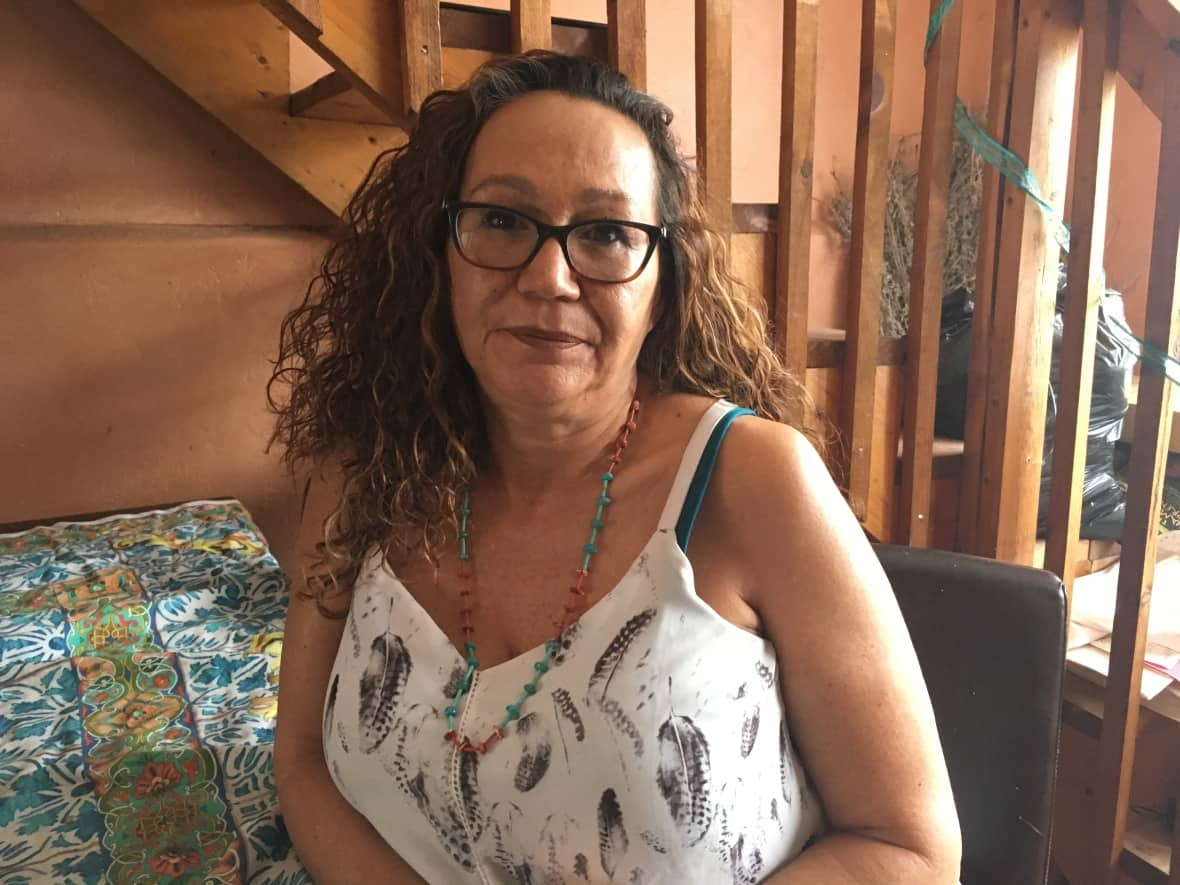Grand River is full of contaminants, says award-winning Indigenous McMaster prof

A McMaster University professor has been recognized with an international award for research into water quality at Six Nations of the Grand River.
Dawn Martin-Hill said she was shocked when the University of Oklahoma awarded her the 2022 International Water Prize.
"It's one of my first awards," said the cultural anthropologist and lead researcher with the Ohneganos water research project during CBC Radio's The Morning Edition in Kitchener-Waterloo.
Martin-Hill's award means she'll be honoured at the next awards ceremony, in addition to getting a waterdrop sculpture and $25,000, according to a University of Oklahoma news release.
The research saw two Indigenous communities — Six Nations and Lubicon Cree Nation of Little Buffalo in Alberta — work with researchers to determine the source of contaminants in the water and develop an app that gives real-time updates on the local water quality.
The team also studied community health impacts of the water.
Grand River contaminated with metals
"I don't think any of us were really prepared for the scope and magnitude of the problem, so we had to continuously write more grants to address emerging issues. More than anything, it was shocking," said Martin-Hill, who is Mohawk and Wolf Clan.
"I really assumed the worst-case scenario was going to be in Alberta and to find out the kinds of contamination that have gone into the Grand River for a century, the problems here are much worse."
Martin-Hill said literature stated wells were contaminated with phosphorus, E. coli and farming run-off, but the researchers found high levels of mercury, arsenic, chromium and aluminum.

"None of those things were ever reported in prior studies," she said.
She said the Six Nations water treatment plant pipeline reaches just 10 per cent of the community, yet the territory is surrounded by major cities Toronto, Hamilton and Brantford that don't have the same water quality issues.
But she acknowledged there's no easy fix because of the complexity of the issues.
LISTEN | Dawn Martin-Hill talks about award win and water research
Martin-Hill said companies are taking groundwater from the territory and drying up local wells, Agent Orange being produced upstream for the Vietnam War and she says various levels of government have neglected investing into infrastructure for a water treatment plant and waste treatment plant in Six Nations.
But her research is ongoing.
"We just really went into this naively and soon realized the scope and magnitude of the problem ... there are still economic, cultural, spiritual, social impacts that are related."


